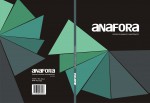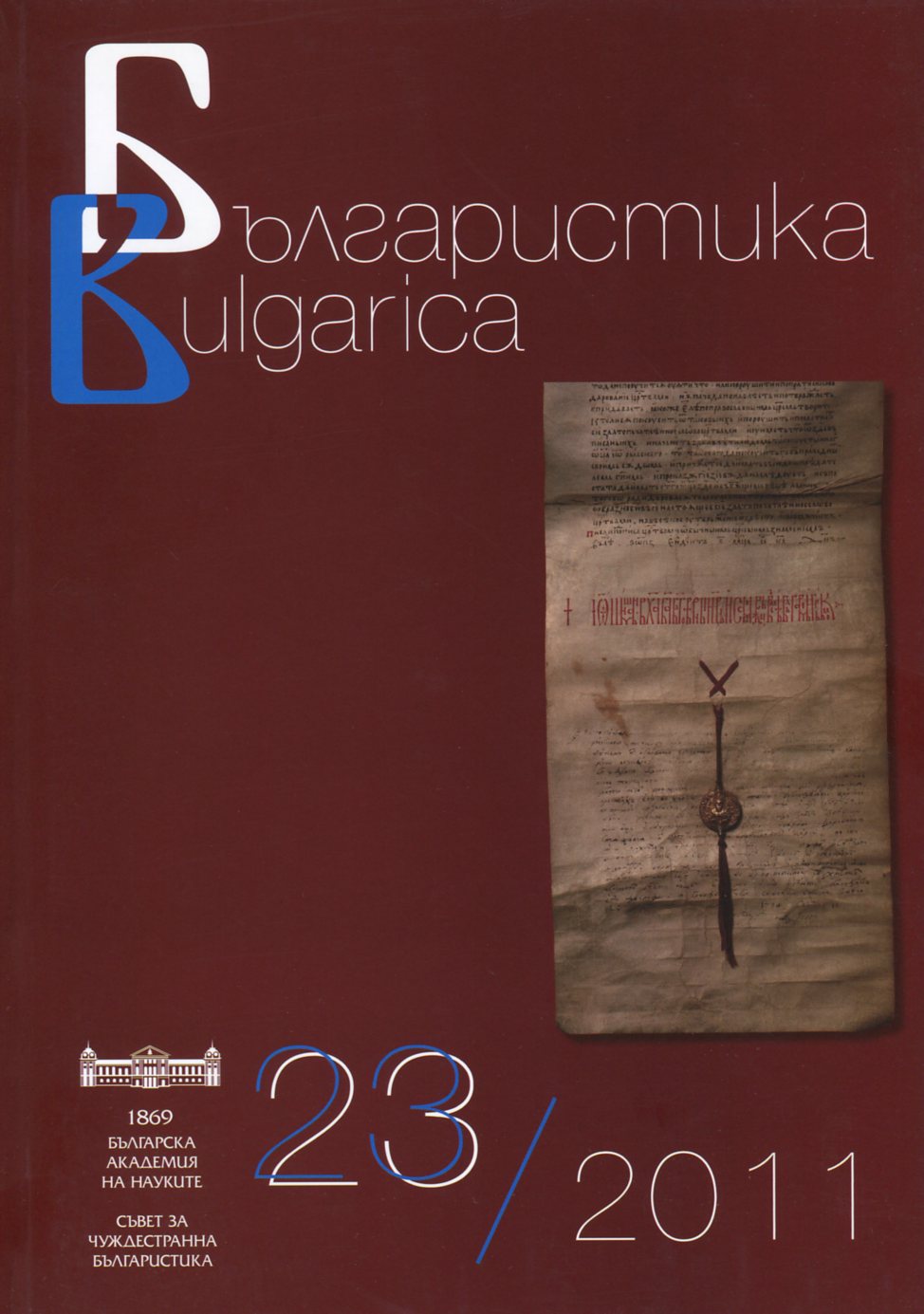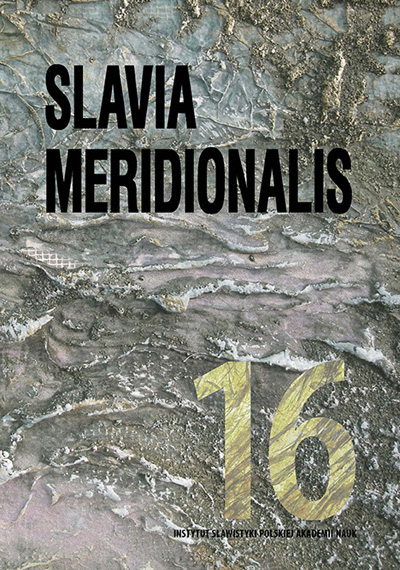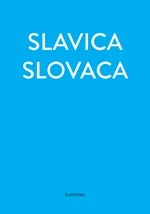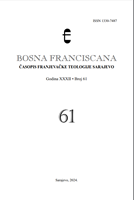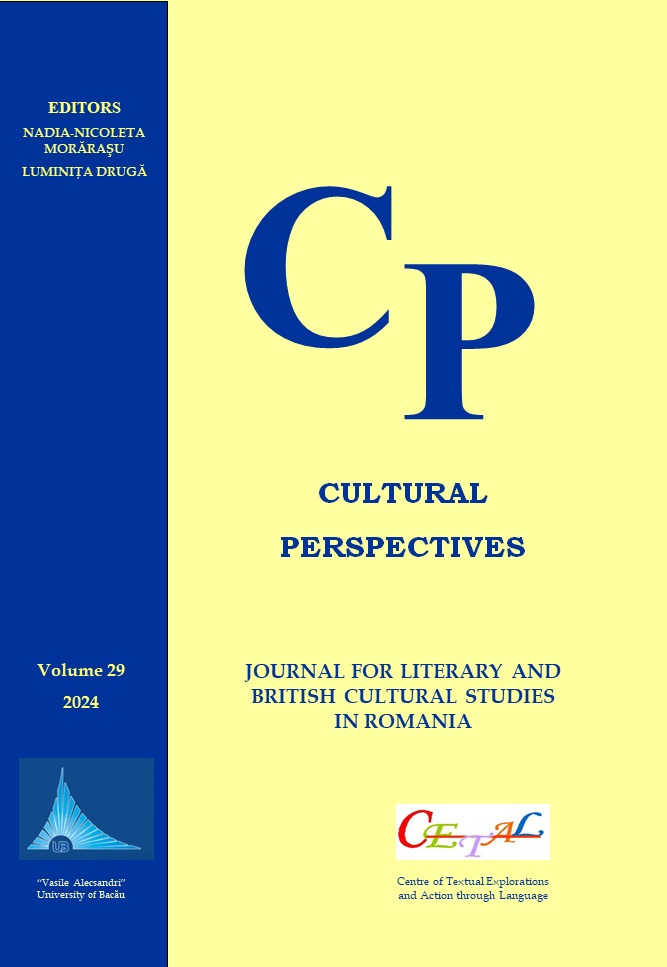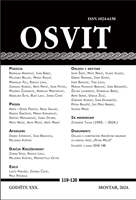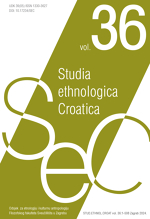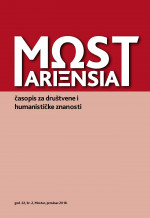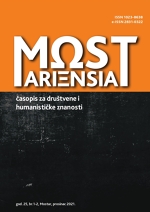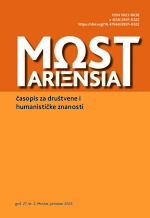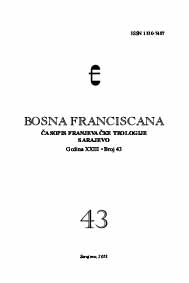
Poetski putokazi u djelu Razgovor koga vile Ilirkinje imadoše u pramalitje godine 1841. fra Martina Nedića
Premda je djelo Razgovor koga vile Ilirkinje imadoshe u pramalitje godine 1835. i koga priuzvishenoj, prisvitloj, krasnoj i plemenitoj gospodi, i svemu ostalomu prislavnomu i priglasnomu narodu ilirskom svakojake plemenite kriposti, osobito pako svoje starinstvo ljubechemu, za vikovicnju uspomenu krotkim i umiljatim sardcem Vila Bosanska prikaza objavljeno tiskom Ivana Nepomuka Prettnera u Karlovcu 1835. godine znatno poznatije, isti autor koji se potpisao kao Vila Bosanska napisao je i djelo Razgovor koga Vile Ilirkinje imadoše u Pramalitje Godine 1841. i koga Preuzvišenoj, Prisvitloj, Krasnoj i Plemenitoj Gospodi i svemu ostalomu Glasovitom, Sardačnom, i, Priprostranom Narodu Ilirskom Svakojake plemenite Kriposti, osobito pako svoje Starinstvo i Slogu ljubećemu, za vikovičnju uspomenu krotkim, i pobožnim sardcem njeki Pjesnik pod imenom Vila Bosanska prikazuje. To je djelo objavio Nikola Žic u Hrvatskome narodnom kalendaru Napredak za 1934. godinu.1 Da je oba djela napisao isti autor, potvrđeno je i u autorovoj fusnoti uz pjesmu Razgovor koga vile Ilirkinje imadoše u pramalitje godine 1841.: “U ‘Razgovoru’ koga Vile Ilirkinje imadoše u pramaliće g. 1835. ima upisana rič Apolo, pod kojim imenom razumije se Pjesnik, a sad u ovom ‘Razgovoru’ namisto Apolo evo stavljeno je Pjesnik.” Žic ne dvoji da je autor obaju djela prvi ilirac iz Bosne fra Martin Nedić (Tolisa, 1810–1895).
More...
